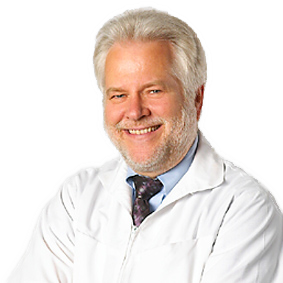
When most people think of immunity, they picture white blood cells fighting infection or maybe the lymph nodes swelling when the body is battling a virus. But there are two small, often-overlooked organs that play central roles in keeping the immune system strong: the spleen and the thymus.
The Role of the Spleen
The spleen acts as a kind of immune filter. It screens the blood for pathogens, removes damaged red blood cells, and produces immune cells (lymphocytes) that respond to infections. When the spleen is weakened or removed, people are more vulnerable to severe infections—especially from encapsulated bacteria like Streptococcus pneumoniae and Haemophilus influenzae .
The Role of the Thymus
The thymus is sometimes called the “training academy” for T-cells. Immature immune cells migrate there to learn how to recognize invaders while ignoring the body’s own tissues. If the thymus is underactive or absent, the immune system becomes confused and either fails to defend against infections or mistakenly attacks the body (autoimmune disease). Severe thymic defects are associated with conditions like DiGeorge syndrome (immune deficiency), while thymic abnormalities have been linked with autoimmune disorders such as myasthenia gravis .
Supporting the Thymus and Spleen Naturally
While mainstream medicine has few tools to directly “strengthen” these organs, natural healthcare offers several supportive strategies:
- Nutrition: Adequate zinc, selenium, vitamins C and D are vital for thymic function and T-cell activity . Herbal supports like astragalus and echinacea have shown immune-modulating benefits in studies .
- Gut Health: Because much of the immune system is gut-associated, probiotics and prebiotic fibers can support systemic immunity and indirectly aid spleen/thymus function.
- Stress Reduction: Chronic stress and cortisol excess shrink the thymus and suppress immune output . Techniques like chiropractic care, relaxation, prayer, and breathing exercises help restore balance.
- Chiropractic & Neurological Support: Since both spleen and thymus are under nervous system regulation, maintaining spinal alignment—especially in the upper thoracic region—can improve communication between brain and immune tissues.
- Regular Detoxification: Reducing toxic load (processed foods, chemical exposure, chronic infections) lightens the burden on immune organs and helps them function optimally.
Conclusion
A healthy immune system doesn’t just depend on “strong white cells.” It depends on a finely tuned system where the spleen filters and arms the blood, and the thymus trains the soldiers. Supporting these organs naturally—with nutrition, stress reduction, spinal care, and immune-strengthening herbs—can reduce the risk of both infections and autoimmune problems.
References
- William BM, Corazza GR. “Hyposplenism: a comprehensive review.” Blood Rev. 2007;21(1):37–47.
- Markert ML et al. “Thymus transplantation in complete DiGeorge syndrome.” Immunol Res. 2009;44(1–3):61–70.
- Marx A, et al. “Thymus and autoimmunity.” Semin Immunopathol. 2016;38(6):689–708.
- Fraker PJ et al. “The dynamic link between the integrity of the immune system and zinc status.” J Nutr. 2000;130(5S Suppl):1399S–1406S.
- Block KI, Mead MN. “Immune system effects of echinacea, ginseng, and astragalus: a review.” Integr Cancer Ther. 2003;2(3):247–67.
- Sapolsky RM, et al. “How do glucocorticoids influence stress responses? Integrating permissive, suppressive, stimulatory, and preparative actions.” Endocr Rev. 2000;21(1):55–89.

